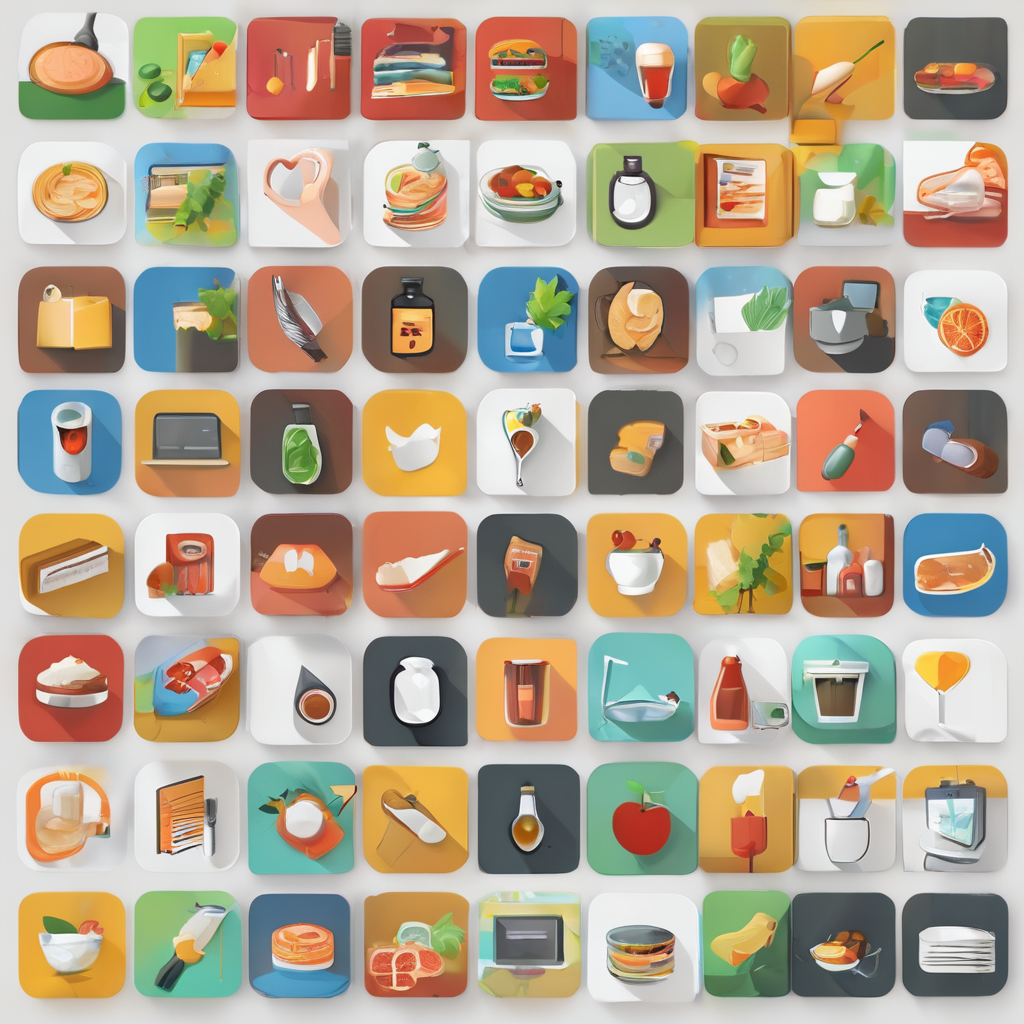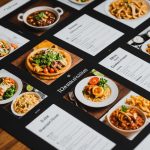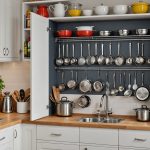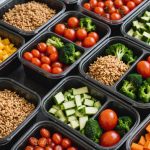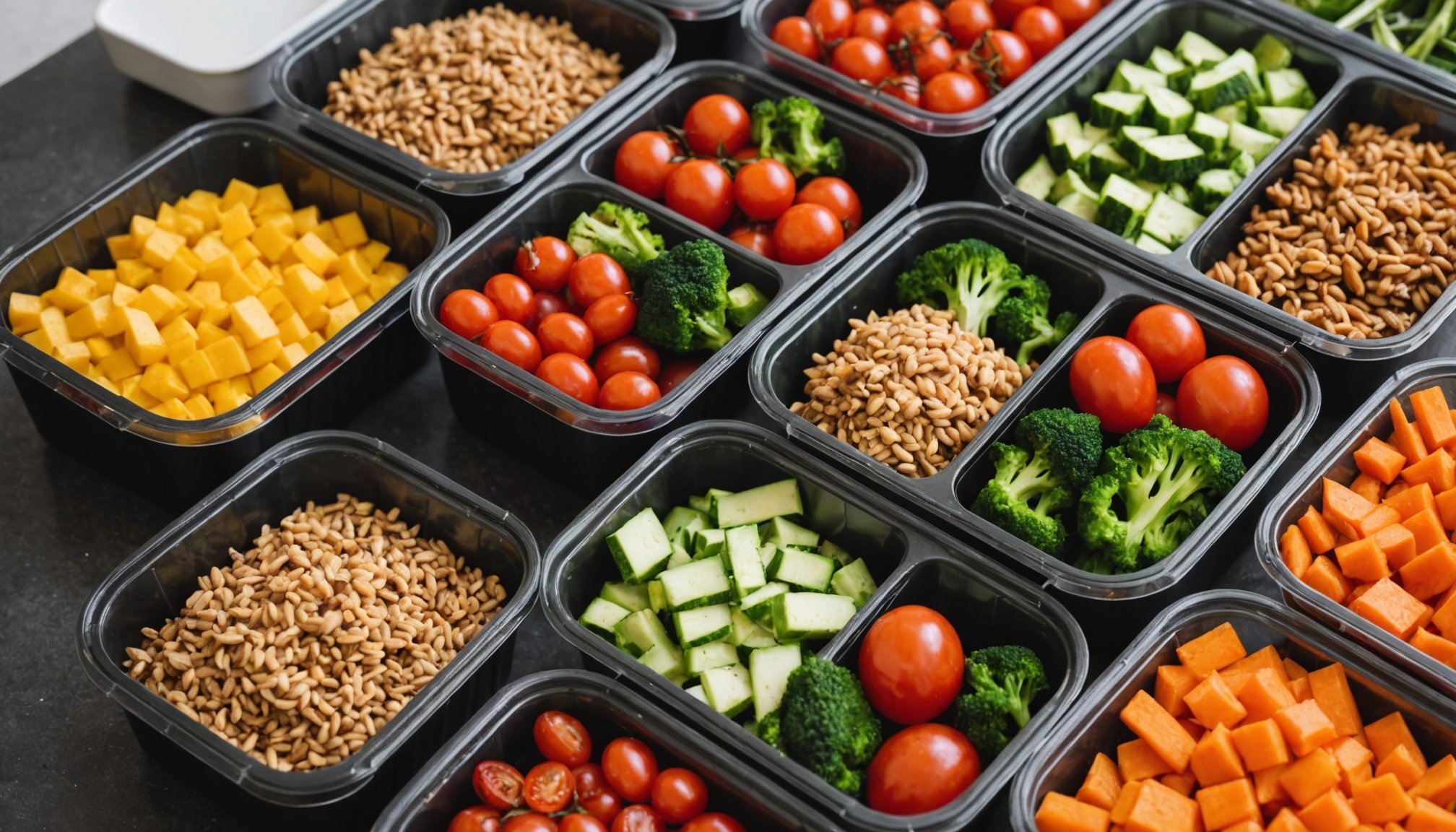Meal prepping has become an invaluable practice for many individuals, especially those with dietary restrictions. Whether you’re managing allergies, following a specific diet, or simply trying to eat healthier, meal prepping can save you time, money, and stress. This guide will explore effective techniques to make meal prepping easier and more efficient, ensuring that your dietary needs are met without sacrificing flavor or variety.
Understanding Your Dietary Restrictions
Before diving into the techniques of meal prepping, it’s crucial to understand your specific dietary restrictions. These can range from food allergies to lifestyle choices such as veganism or keto. By identifying your dietary needs, you can tailor your meal prep strategy accordingly.
In the same genre : How can I create a welcoming kitchen environment for family gatherings?
Start by creating a list of foods you must avoid. This could include common allergens like gluten, dairy, or nuts. Once you have this list, consider what alternatives are available. For example, if you’re gluten-free, you might substitute regular pasta with quinoa or zucchini noodles.
In addition to avoiding certain foods, you also need to ensure you’re getting a balanced intake of nutrients. Think about incorporating plenty of fruits, vegetables, lean proteins, and healthy fats into your meals. A well-rounded diet is essential for maintaining energy levels and overall health.
Topic to read : How do I create a cohesive theme in my kitchen design?
Moreover, consider consulting with a nutritionist if your restrictions are complex. They can provide personalized advice and help you establish a meal plan that aligns with your health goals. Remember, understanding your dietary restrictions is the first step toward successful meal prepping.
Plan Your Meals Ahead of Time
Effective meal prepping begins with planning. Take some time each week to decide what meals you want to prepare. This strategy not only reduces stress but also ensures you have all the necessary ingredients on hand.
Start by setting aside a specific day for meal planning. Many people find Sundays to be a convenient option. During this time, gather your favorite recipes that meet your dietary restrictions. Make a shopping list based on these recipes, ensuring that every ingredient aligns with your dietary needs.
Using a calendar can also be beneficial. Schedule out your meals for the week, noting which ones will require more prep time and which can be cooked quickly. Having a visual representation of your meals can help you stay organized and make adjustments as needed.
Additionally, consider batch cooking. This method involves preparing larger quantities of meals that can be portioned out for the week. It not only saves time but also minimizes food waste. For example, if you’re making a vegetable stir-fry, prepare enough to serve for two or three meals, then store the leftovers in airtight containers.
Finally, don’t hesitate to incorporate leftovers into your meal plan. They can be reimagined into new dishes, allowing for variety without the extra effort of cooking from scratch every day.
Choose the Right Storage Containers
Having the right storage containers is a critical aspect of meal prepping, especially when accommodating dietary restrictions. The containers you choose should keep your food fresh while allowing you to organize your meals efficiently.
Opt for BPA-free plastic containers or glass containers. Glass is often preferred as it is more environmentally friendly and doesn’t retain odors or stains from food. Additionally, it’s microwave and oven-safe, making it versatile for reheating meals. Containers with compartments are great for separating different food groups, ensuring that flavors don’t mix and that your meals look appealing.
Consider investing in a variety of sizes. Smaller containers are perfect for snacks or side dishes, while larger ones are ideal for main meals. Labeling your containers is also a useful practice. Use masking tape or labels to indicate the contents and the date they were prepared. This not only helps you keep track of freshness but also prevents the confusion of which meal is which.
If you’re prepping for an entire week, think about how you’ll store your food. The refrigerator is excellent for immediate meals, while the freezer is ideal for longer-term storage. When freezing, ensure that your containers are freezer-safe and leave some space at the top for expansion as liquids freeze.
By choosing appropriate storage solutions, you’ll keep your meals fresh and ready to enjoy, making your meal prepping experience more efficient.
Incorporate Variety and Flavor
One of the challenges of meal prepping, especially with strict dietary restrictions, is maintaining variety and flavor. Eating the same thing repeatedly can lead to boredom and a lack of motivation. However, there are several ways to keep your meals exciting.
First, explore different cooking methods. Instead of always baking or steaming your vegetables, try grilling, sautéing, or roasting. Each method brings out unique flavors and textures, making your meals more appealing. Additionally, use a variety of herbs and spices to enhance the taste of your dishes. Fresh herbs like basil, cilantro, or parsley can elevate even the simplest of meals.
Don’t forget about meal rotation. Plan your meals so that you don’t eat the same dish more than once a week. This approach adds diversity and allows you to experiment with new recipes. For instance, if you’ve prepared a quinoa salad, switch up the ingredients each week by adding different proteins or vegetables.
Incorporating international cuisines can also add excitement to your meal prep. Explore Mexican, Asian, or Mediterranean recipes that fit within your dietary guidelines. This exploration not only keeps meals interesting but also might introduce you to new favorite dishes.
Finally, consider making sauces or dressings in advance. A homemade vinaigrette or sauce can transform a bland meal into something delicious. Store these in separate containers and add them just before eating to keep your meals fresh.
In conclusion, meal prepping is a valuable tool for anyone with dietary restrictions. By understanding your needs, planning your meals, using the right containers, and incorporating variety and flavor, you can create a satisfying and nutritious meal prep routine. Remember that the goal is to make your life easier while still enjoying the food you love. With these techniques, you can embrace meal prepping as a way to enhance your health and simplify your cooking process.
